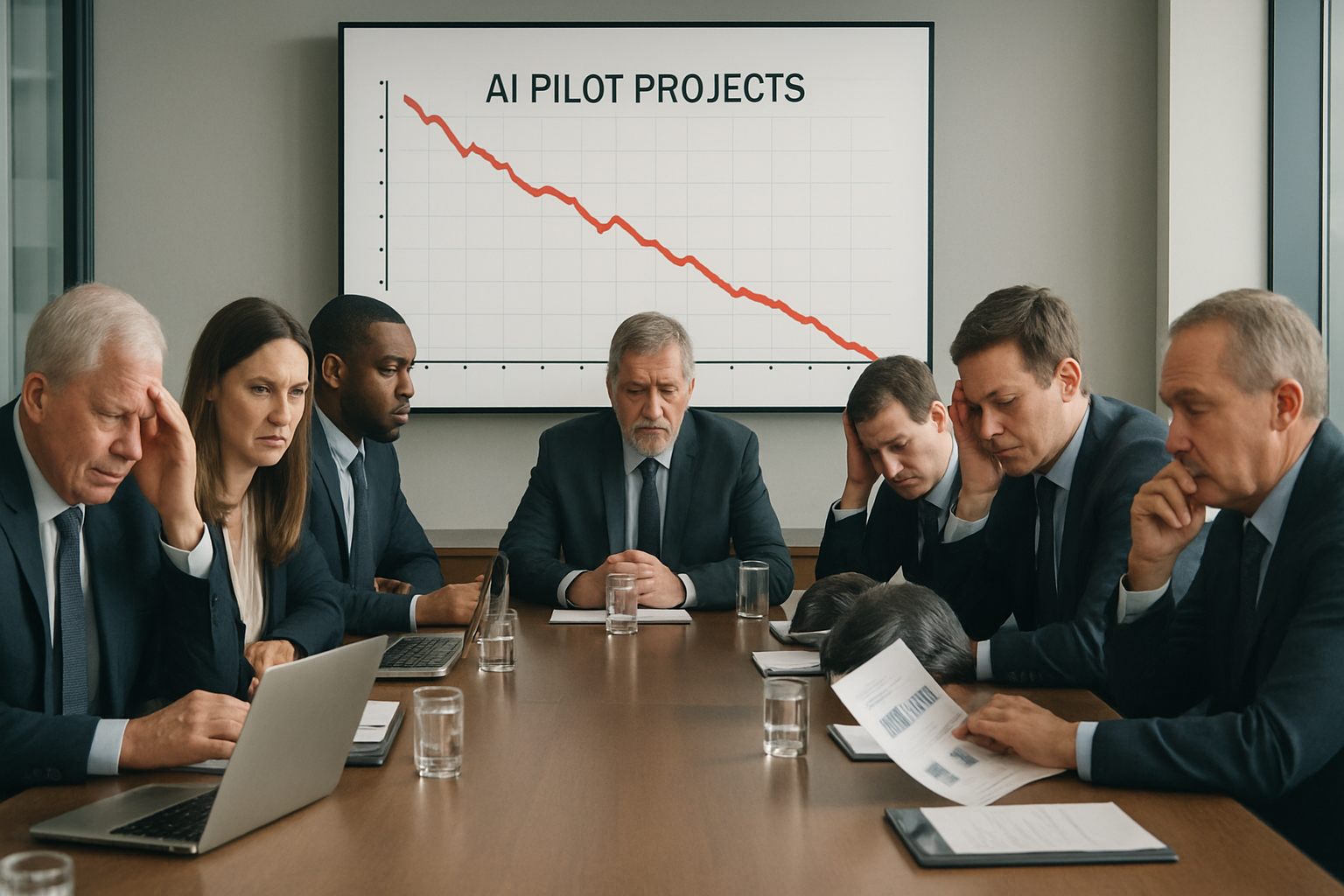Larry Ellison's Oracle just plunked down enough money to buy a small country. $40 billion—yeah, that's billion with a 'b'—for Nvidia chips that'll fuel OpenAI's massive data center rising from the Texas dust in Abilene.
Let that sink in for a moment.
We're talking about 400,000 of Nvidia's latest GB200 "superchips" destined for a single facility. It's a sum roughly equivalent to Jordan's entire economic output, spent on silicon that'll be yesterday's news before the ink on the maintenance contracts is dry.
I've been covering tech investments for years, and this one makes previous spending sprees look like pocket change. This isn't just another corporate splurge—it's a fundamental shift in how technological power is measured and acquired.
What we're witnessing is nothing short of a compute arms race. The new currency isn't patents or even talent (though those still matter). It's raw computational horsepower, measured in petaflops and gigawatts.
"More chips equals more capability" might sound reductive, but damn if it isn't the equation driving the industry right now.
Oracle's play here is particularly fascinating. They're not building AI models themselves—they're becoming the infrastructure middleman, the company selling picks and shovels during the AI gold rush. Except these picks cost a cool billion each.
The financial gymnastics behind this deal would make Wall Street veterans dizzy. Crusoe and Blue Owl Capital raised $15B for the project, with JPMorgan shouldering most of the load through nearly $10B in loans. Oracle commits to a 15-year lease, creating the guaranteed revenue stream that makes the whole house of cards stand up. It's less a tech investment than a complex financial instrument dressed in server racks.
For OpenAI, this represents something else entirely: independence. Having outgrown what even Microsoft—one of the world's largest tech companies—could provide, they're cutting the exclusive cloud provider cord. When your computational appetite exceeds what Microsoft can serve up, you're operating in a different universe altogether.
This Abilene facility? Just one piece of the mammoth "Stargate" project—a $500B data center scheme with backing from OpenAI, SoftBank, Oracle, and Abu Dhabi's MGX sovereign wealth fund. Half a trillion dollars. For data centers. Let that marinate for a second.
The global landscape is littered with similar projects. Elon's expanding his "Colossus" facility in Memphis to house roughly a million Nvidia chips. Amazon's building a data center in Virginia that'll consume more than 1GW of power. OpenAI's planning a monstrous 5GW center in the UAE.
(For context, a typical nuclear reactor generates about 1GW. We're talking about facilities that consume multiple nuclear reactors' worth of electricity.)
There's a certain poetic justice that Oracle—which famously dragged its feet during the cloud revolution—is now positioning itself as essential infrastructure for the AI era. Larry Ellison once mocked cloud computing as a fad. Now he's betting the company on the next wave. The ability to recognize when you're wrong and pivot accordingly? Probably the most undervalued skill in business.
The undisputed champion in all this, though, is Nvidia. Jensen Huang must wake up grinning every morning. His company has essentially become the OPEC of artificial intelligence—a near-monopoly supplier of the resource everyone desperately needs. When companies throw $40B at your products for a single project... well, you've reached a market position that makes most CEOs weep with envy.
But here's what keeps me up at night: sustainability. Both financial and literal.
These facilities devour electricity and water at rates that would make industrial-era factories blush. The Abilene facility alone will pull 1.2 gigawatts when fully operational—roughly equivalent to powering a small city. As we race to build bigger AI factories, are we creating environmental debts that will eventually come due?
And financially? The implicit bet is that AI's economic value will exceed these astronomical infrastructure costs. But what if it doesn't? We might be watching the construction of history's most expensive white elephants.
Look, the compute arms race shows no signs of slowing. Oracle's $40B chip purchase is just one skirmish in a war where ammunition costs billions and victory is measured in calculations per second.
When the future of technological dominance hangs in the balance, I guess no price tag seems too steep—even one with eleven zeros attached.




